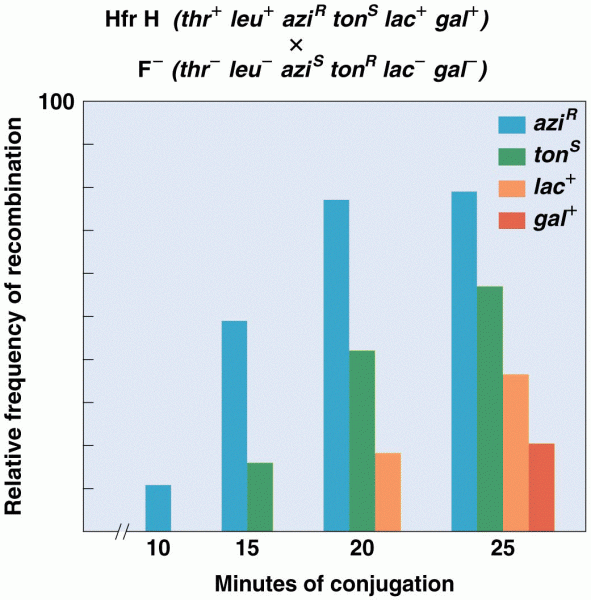|
|
|
The types of cancer that alpha interferons are used to treat include hairy cell leukemia, melanoma, follicular non-Hodgkin's lymphoma, and AIDS-related Kaposi's sarcoma.
Hypertension is a silent killer because it is deadly and has no significant early symptoms. The danger from hypertension is the extra load on the heart, which can lead to hypertensive heart disease and kidney damage. This occurs without any major symptoms until the high blood pressure becomes extreme. Regular blood pressure checks are an important method of catching hypertension before it can kill you.
The first oncogene was discovered in 1970 and was termed SRC (pronounced "SARK").
Lower drug doses for elderly patients should be used first, with titrations of the dose as tolerated to prevent unwanted drug-related pharmacodynamic effects.
Essential fatty acids have been shown to be effective against ulcers, asthma, dental cavities, and skin disorders such as acne.
 Defensive mutualism involves species that receive food or shelter in return for providing protection
Defensive mutualism involves species that receive food or shelter in return for providing protection
 Cataract extraction. The procedure involves a surgical removal of a cataract lens and its replacemen
Cataract extraction. The procedure involves a surgical removal of a cataract lens and its replacemen





